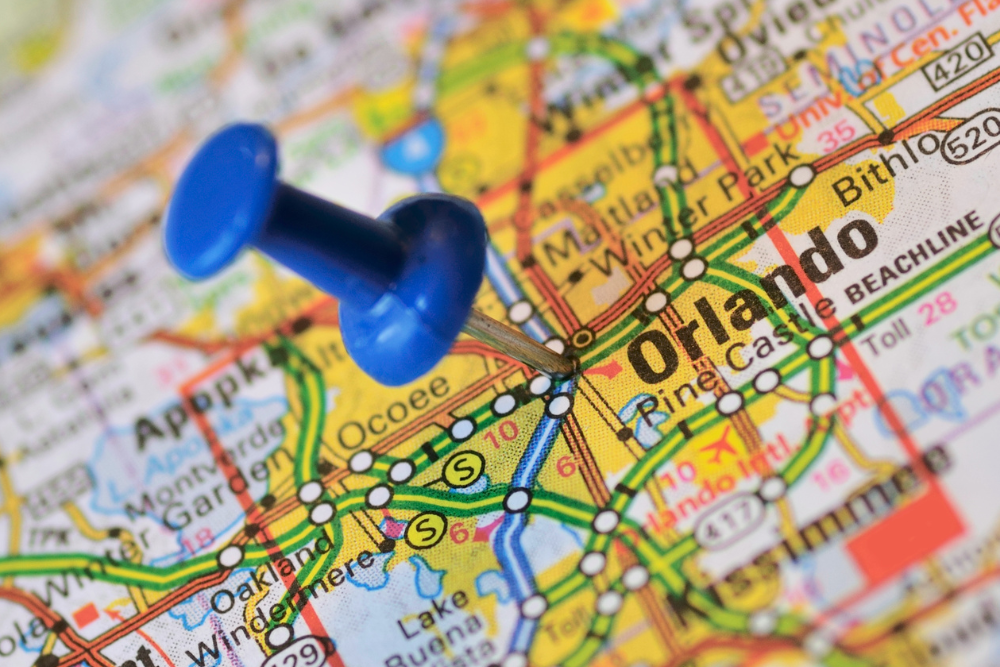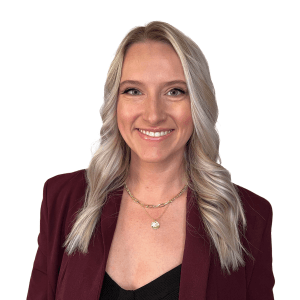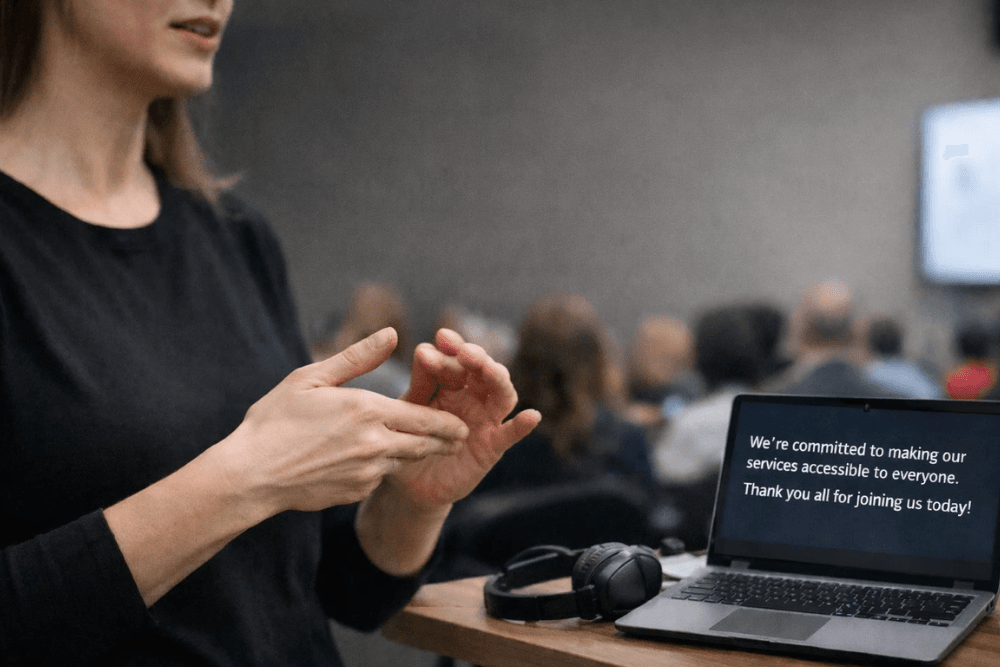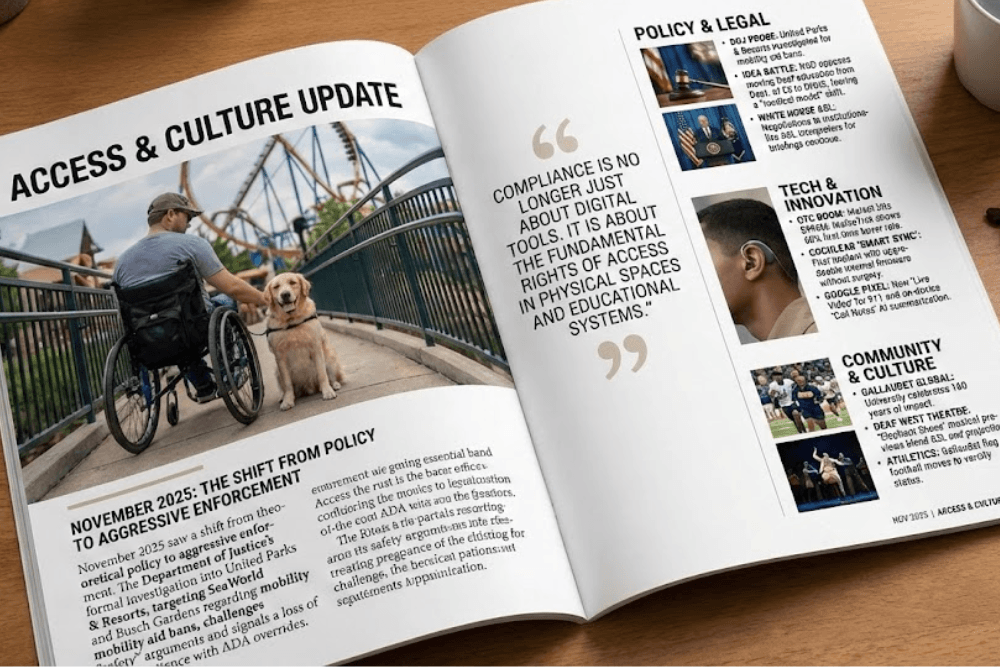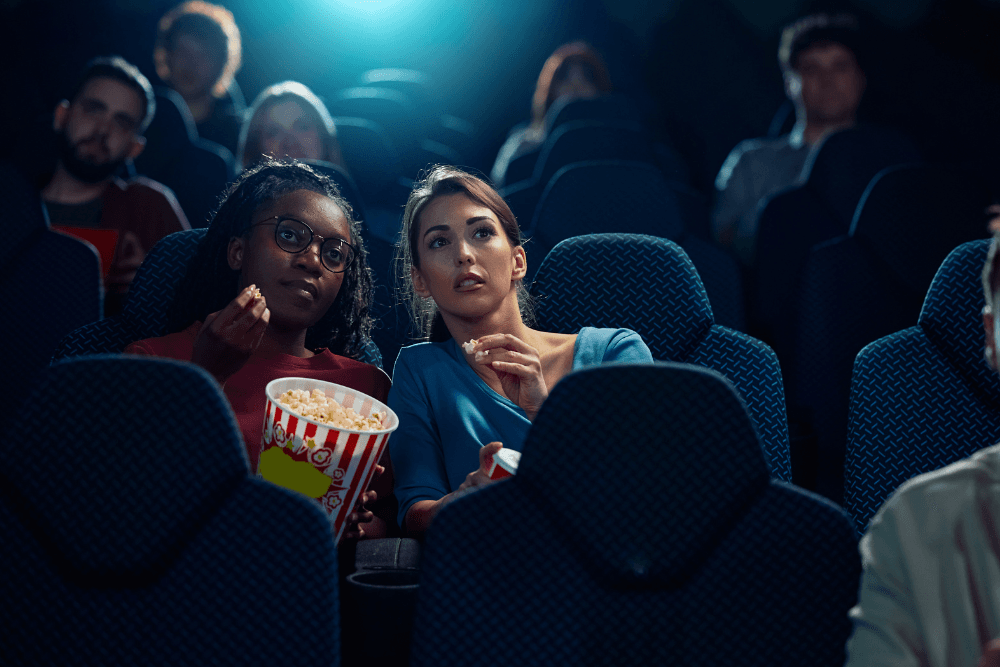When people hear the word accessibility, they often picture ramps, elevators, or wheelchair seating. But disability isn’t always visible. And access isn’t one-size-fits-all.
As someone who is Hard-of-Hearing and identifies as Deaf, I recently experienced an accommodation that had nothing to do with hearing aids or interpreters — and everything to do with acknowledgment.
The Setup
I visited Universal Studios and Islands of Adventure in Orlando, Florida. Theme parks are loud, busy, and full of sensory overload. For most people, that’s just part of the fun. But for those of us who are Deaf or Hard-of-Hearing, there’s a mental load most don’t see.
We’re scanning constantly. Trying to follow cues without sound. Checking body language. Staying alert to what others may hear but we don’t — whether it’s ride instructions, safety announcements, or even just someone calling our name.
So when I learned about Universal’s Attraction Assistance Pass (AAP), I was curious.
How It Works
The pass doesn’t get you to the front of the line, but it does let you skip the physical wait. Here’s what happens:
A staff member writes down a return time based on the current ride’s wait (say, in 45 minutes).
Instead of standing in line, you can grab a snack, go to the bathroom, sit in the shade, or catch a show.
When your return time comes, you go through the express lane.
No stress. No staring at the back of someone’s neck for an hour while missing half the context.
The Bigger Message
Is this accommodation about my Deafness, specifically? Maybe not in a textbook sense. But it’s still access.
Here’s why:
As Paul Tracy, co-owner of Partners Interpreting, framed it in a way that stuck with me:
“Deaf folks already go through enough. There are barriers built into everyday life. You don’t always get full access to sound, meaning, or context. You’re constantly scanning, reading, filling in gaps. If a park gives you one small thing to ease that — take it. It’s their way of saying, ‘We see you.’”
And that’s exactly how it felt.
We don’t get the full sound design of a ride. We miss directional audio, dialogue, speaker cues. We’re working twice as hard to stay safe and aware. And sometimes, all we want is to enjoy a moment without extra friction.
This card didn’t erase the barriers, but it helped. It gave me room to breathe, reset, and still be part of the fun.
Rethinking Access
Accessibility doesn’t always look like a tool or a ramp. Sometimes it’s a policy. A gesture. A small shift that says:
We know it takes more effort for you. So here’s something to make it a little easier while you’re with us.
If you’re building events or experiences, or working in tourism, education, or entertainment… take note: Not every disability is visible. Not every need is obvious. And sometimes, what helps isn’t flashy. It’s just thoughtful.
True access is quiet. It’s about doing it sooner, so no one has to fight for it mid-experience. It’s knowing what someone might need — and making it easier before they have to ask.

